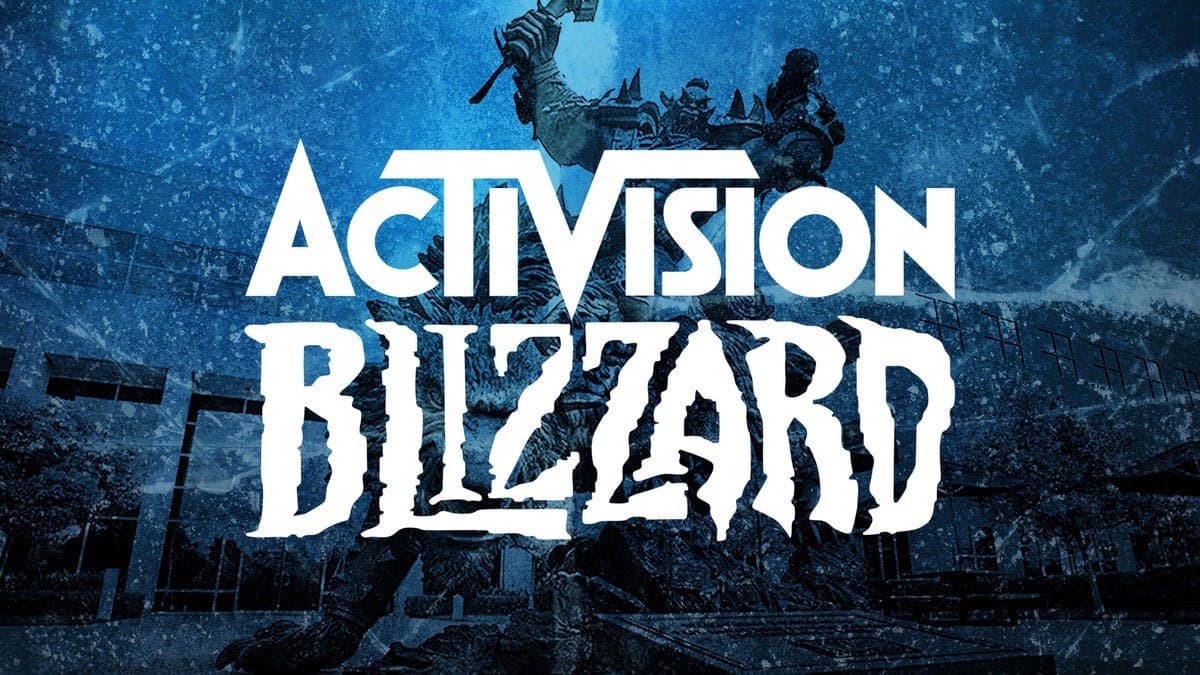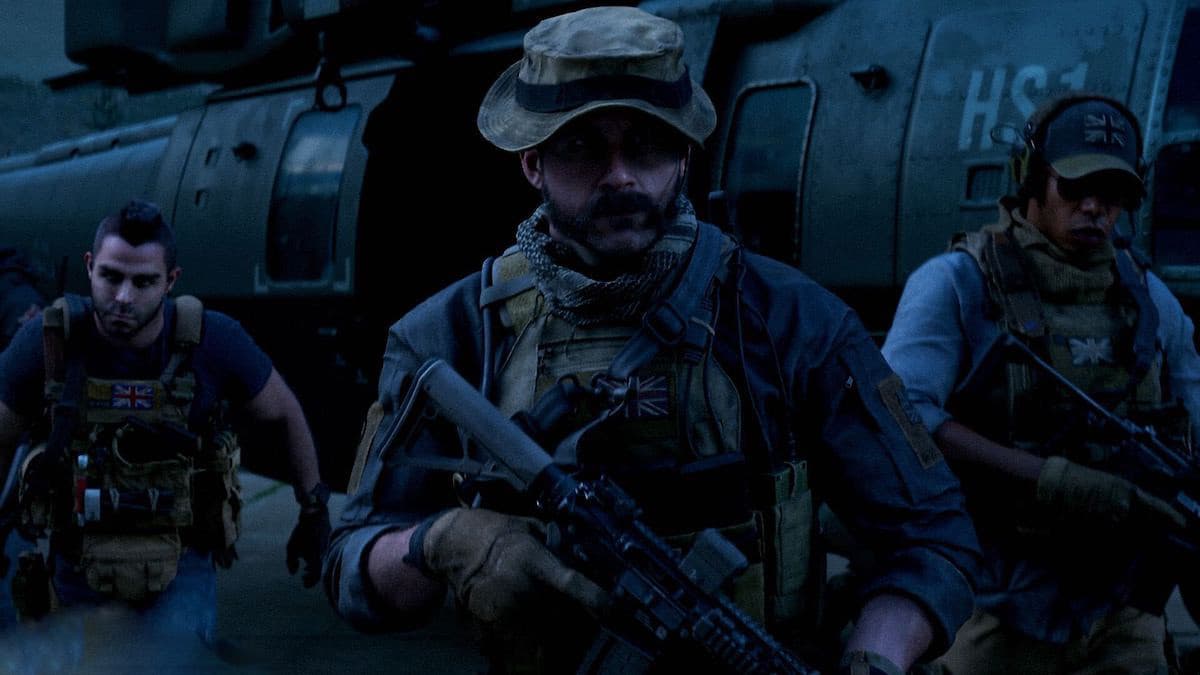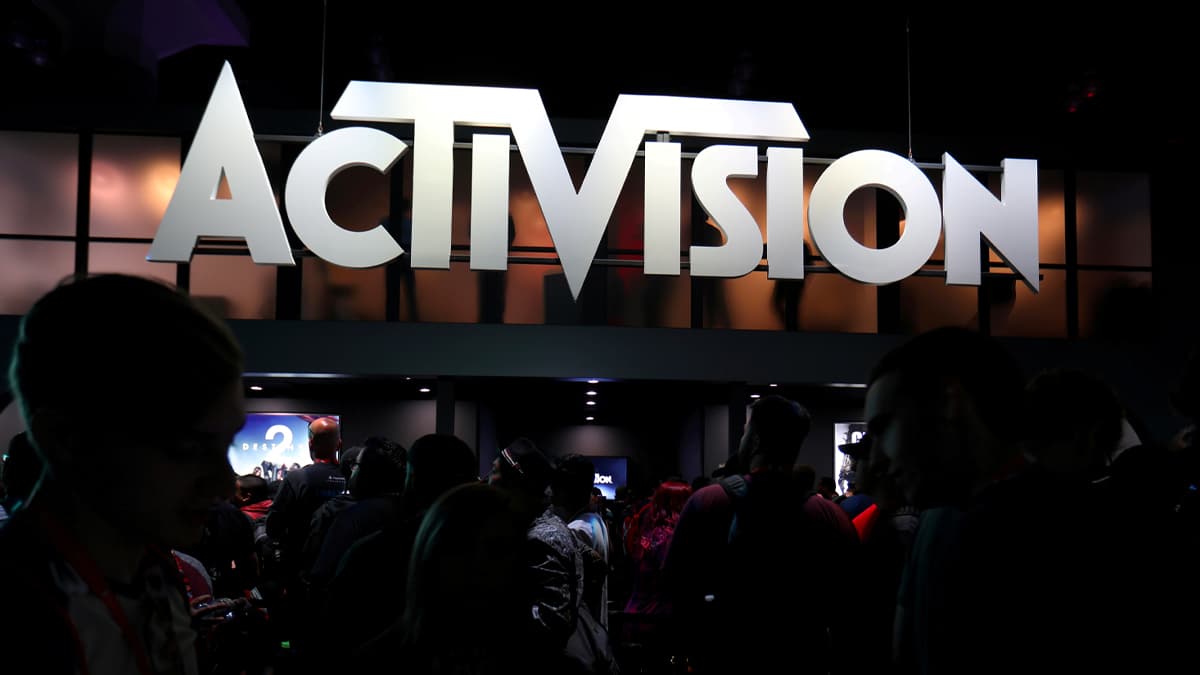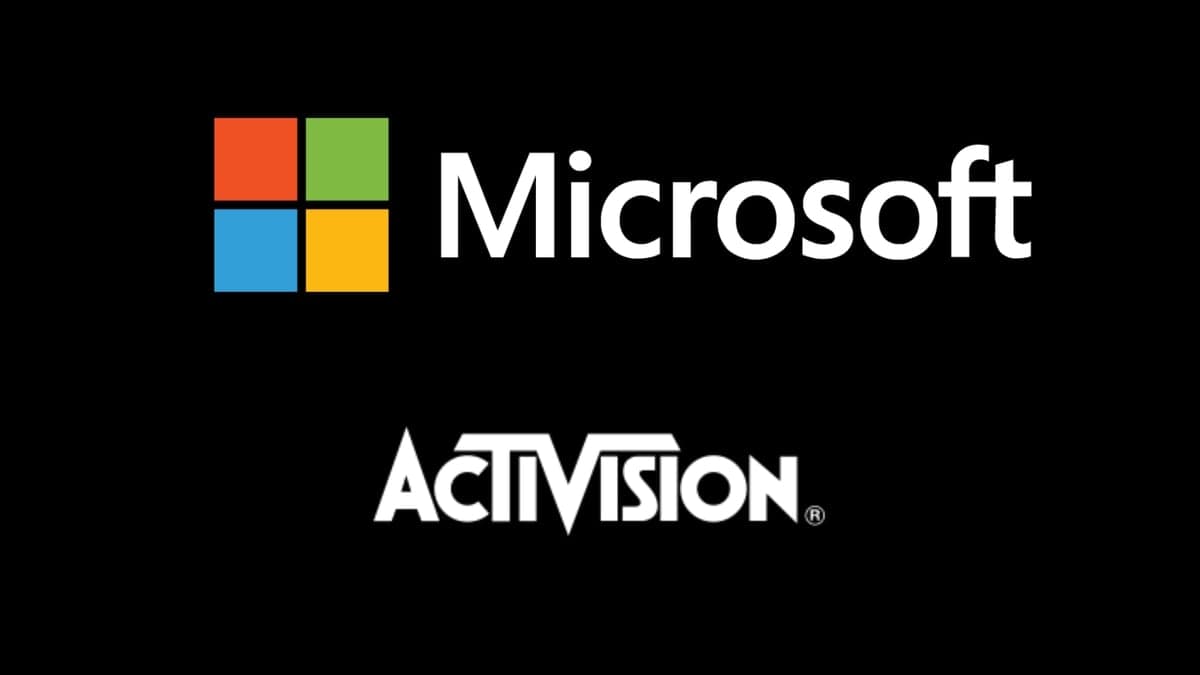Hawaii lawmakers introduce state bills to ban sales of games with loot boxes to under 21 customers, label on box – UPDATED

UPDATE: A United States Senator from New Hampshire, Maggie Hassan, has sent a letter to the ESRB asking them to reconsider their position about loot boxes in video games. Back in October, ESRB released a statement that they do not believe loot boxes and microtransactions are a form of gambling and stated that they do not have any plans to actually change any of their rating policy.
Senator Hassan sent a letter to ESRB today asking them to reconsider and analyze how loot boxes are placed and marketed for games and see if it’s ethical or not. She says, at minimum, ESRB should consider putting identifying markers on physical boxes to inform customers that games have randomized loot boxes.
Here’s the letter Senator Hassan sent to ESRB’s President today:
The Entertainment Software Ratings Board (ESRB) has an important mission in both providing parents with the necessary information to make decisions about the suitability of games, and their content, for children, as well as ensuring that the industry is following responsible marketing practices.
The ESRB rating system is of great value to parents across the country, empowering parents to make informed decisions on behalf of their children. As technology advances, ESRB must work to keep pace with new gaming trends, including the in-game micro-transactions and predatory gaming tactics, particularly as they are deployed on minors.
The prevalence of in-game micro-transactions, often referred to as ‘loot boxes,’ raises several concerns surrounding the use of psychological principles and enticing mechanics that closely mirror those often found in casinos and games of chance. The potential for harm is real. Recently the World Health Organization classified “gaming disorder” as a unique condition in its recent draft revision of the 11 International Classification of Diseases. While there is robust debate over whether loot boxes should be considered gambling, the fact that they are both expensive habits and use similar psychological principles suggest loot boxes should be treated with extra scrutiny. At minimum, the rating system should denote when loot boxes are utilized in physical copies of electronic games.
To that end, I respectfully urge the ESRB to review the completeness of the board’s ratings process and policies as they relate to loot boxes, and to take into account the potential harm these types of micro-transactions may have on children. I also urge the board to examine whether the design and marketing approach to loot boxes in games geared toward children is being conducted in an ethical and transparent way that adequately protects the developing minds of young children from predatory practices.
Further, I urge the ESRB to consider working with the relevant stakeholders – including parents – to collect and publish data on how developers are using loot boxes, how widespread their use is, and how much money players spend on them.
Finally, I ask that you develop best practices for developers, such as ethical design, tools for parents to disable these mechanisms, or making them less essential to core gameplay.
During a Senate Commerce, Science and Transportation Committee hearing, Senator Hassan asked four potential FTC nominees if they would consider investigating best practices for developers and loot boxes to prevent children from being addicted to them in video games. The four nominees said they would consider investigating if their nominee to the FTC was approved. She also stated that if ESRB fails to act, the FTC should do something about loot boxes in video games.
Hawaii lawmakers have been adamant on having loot boxes removed from major video games after the debacle of Star Wars Battlefront II. When the debacle started, Hawaii lawmaker called Star Wars Battlefront II “a Star Wars-themed online casino.”
Lawmakers have introduced a pair of new bills in both the state-House and state-Senate (House Bill 2686 and Senate Bill 3024) to ban the sales of video games with loot boxes to anyone under the age of 21. Currently, many of the games with randomized loot boxes are rated Teen or Mature. This ban would impose the games to be rated similarly, but not sold to anyone under 21.
The next set of bills introduced, House Bill 2727 and Senate Bill 3025, would require all game makers to prominently label boxes for games that have randomized loot boxes and show the probability rates of receiving items in loot boxes.
These bills have not been adopted into state law yet, but if done, would set a precedent in how game makers can use loot boxes. There would have to be separate packaging of games for all titles with randomized loot boxes sold in Hawaii if the laws are implemented.
“I grew up playing games my whole life,” said state Rep. Chris Lee of Oahu, who spearheaded the bills. “I’ve watched firsthand the evolution of the industry from one that seeks to create new things to one that’s begun to exploit people, especially children, to maximize profit.”
Rep. Lee stated that he’s been communicating with legislators in other states about possibly implementing such laws in their states, but no bills have been proposed in any other state in America as of now.
The full bills are accessible at the following links: HB 2686, SB 3024, HB 2727, and SB 3025.
SOURCE: Hawaii Herald



